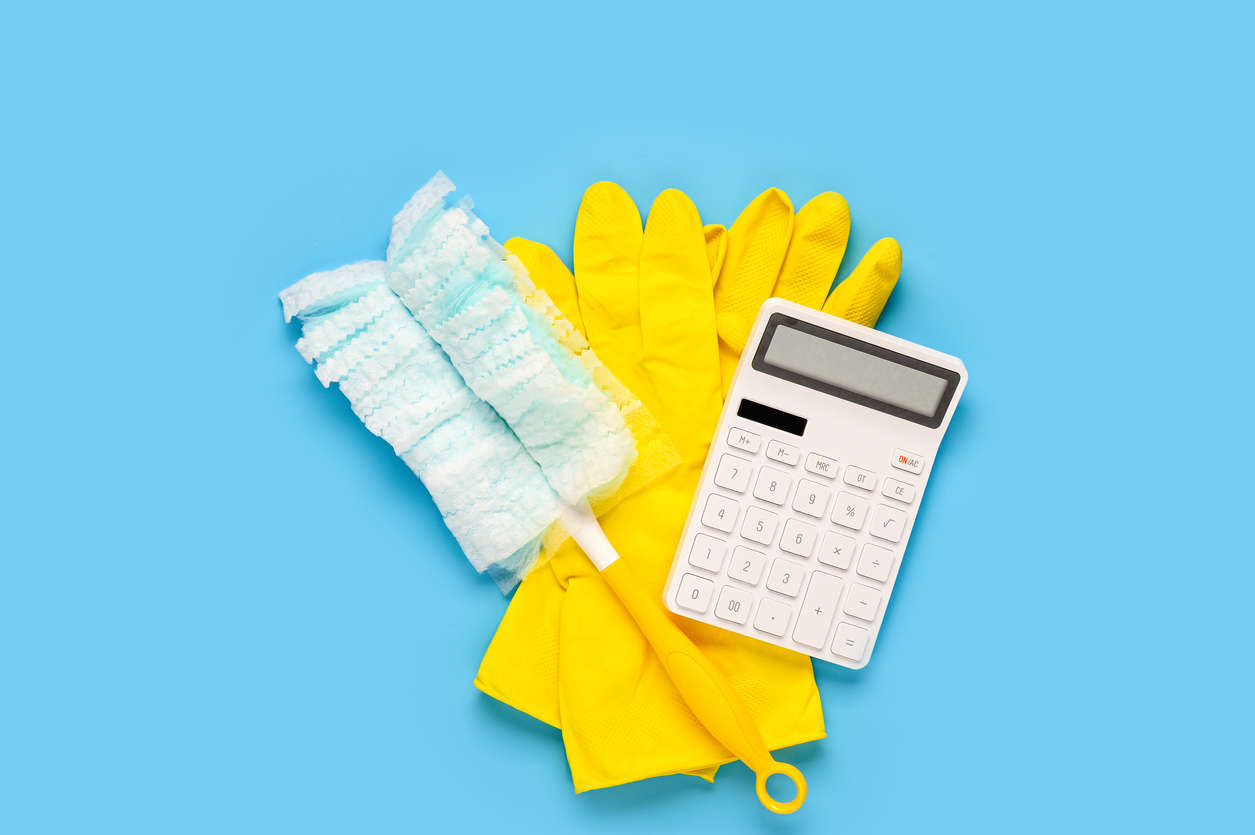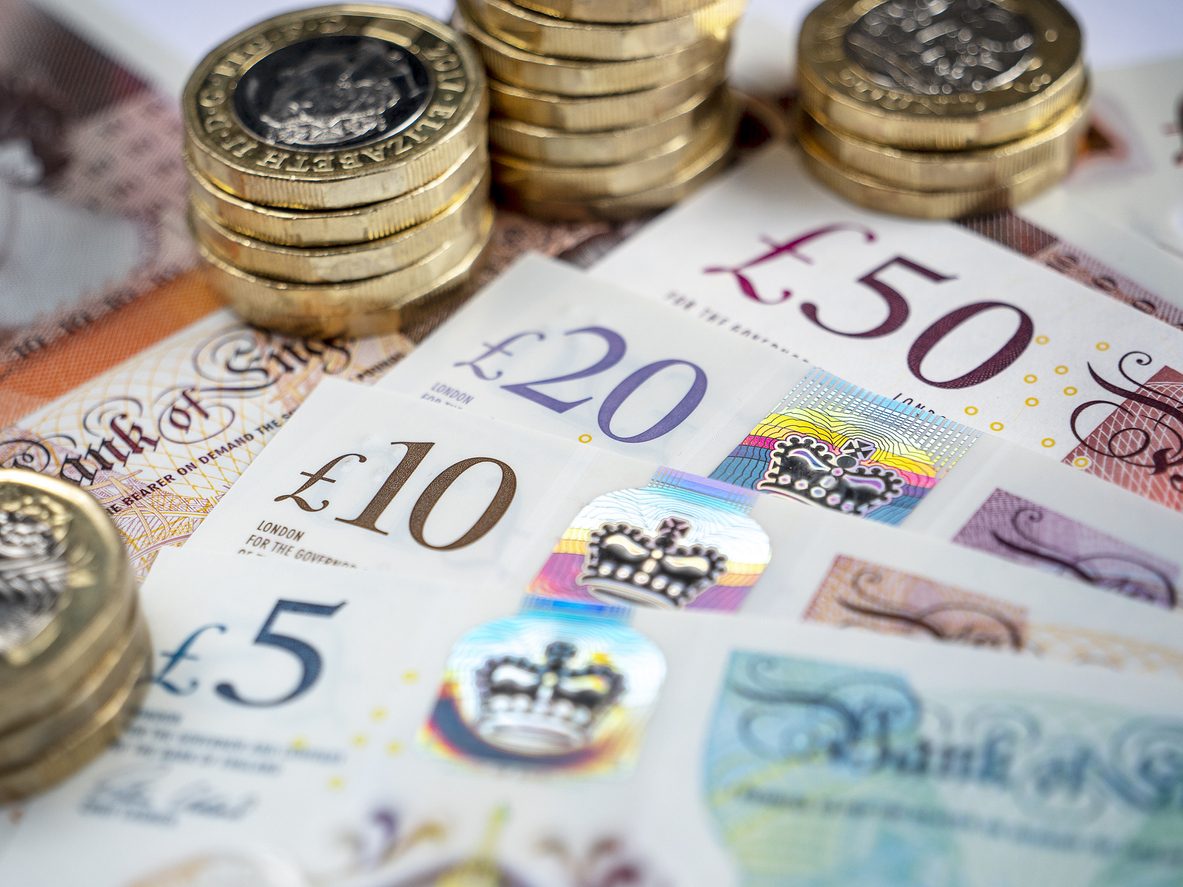
With warmer weather approaching (well in theory anyway!) and another tax year upon us, now is an ideal time to review your financial arrangements, to take advantage of a new set of tax allowances and consider how hard your money is working for you.
Make best use of your ISA allowance
The Individual Savings Account (ISA) is a mainstay of annual tax planning and for most people, making use of the available ISA allowance is a sensible way forward. The ISA allowance remains at £20,000 for the 2022/2023 tax year (the sixth tax year in succession where a £20,000 limit applies). All income generated within the ISA is exempt from income tax and gains made on assets held in the ISA are also exempt from capital gains tax. These tax advantages make the ISA wrapper valuable to most individuals.
It is important to remember that the ISA is simply a wrapper that protects whatever is held inside the ISA from tax – what assets you hold inside the wrapper will determine the returns achieved. You can either hold cash (within a Cash ISA) or investment funds, individual equities, or bonds (within a Stocks & Shares ISA). Anyone aged 18-39 can hold a Lifetime ISA. This ISA can only be used to fund the purchase of a home for a first-time buyer or be used for retirement savings, and this ISA has an annual limit of £4,000.
Cash certainly isn’t king
Possibly out of habit, many will choose to fund an ISA with cash, either through an instant access account, or a fixed term notice account. Cash has been a poor investment choice for some time, due to low interest rates generally, which have existed for over 12 years; however, with inflation rising, the real return (that is to say the interest earned less the prevailing rate of inflation) is becoming more deeply negative than at any time for a generation.
We all need to hold part of our wealth as cash, as it is only sensible to hold funds that are available to pay for living expenses and any unexpected expenditure. However, holding high balances on cash will almost certainly lead to the value of the savings eroding in real terms, and it would be worthwhile to consider alternative assets for balances held in Cash ISAs.
Dividend tax increase
From 6th April 2022, the rate of tax paid on dividends paid by shares and equities based funds is increasing by 1.25% across all bands, with the increased tax take being used to support the NHS, health and social care. For basic rate taxpayers, the dividend tax rate will increase from 7.5% to 8.75%, with corresponding increases for higher rate taxpayers (from 32.5% to 33.75%) and additional rate taxpayers (from 38.1% to 39.35%).
The dividend allowance remains in place, whereby the first £2,000 of dividends received by an individual in a tax year are received tax-free. However, with dividend tax rates increasing, those with larger investment portfolios may wish to look at holding investments within an ISA to receive dividend income without tax being deducted.
Pension allowances frozen
Whilst pension annual allowances remain frozen for the 2022/2023 tax year, they remain highly tax-efficient vehicles for retirement savings. The maximum an individual can contribute is £40,000 in a tax year, or 100% of their earnings, whichever is the greater. However, the rules are complex if you are a higher earner, and it is always best to discuss contribution levels with an independent financial adviser.
We argue making sure that pension investments work hard for you is as important as funding the pension with regular contributions. With the new set of allowances available, it may be wise to review existing pension arrangements to ensure that the underlying pension funds are performing well, and undertaking a review of the overall strategy to make sure this continues to meet your needs and objectives.
Gifting
The new tax year heralds a fresh annual gift exemption, which remains stubbornly fixed at £3,000. Sadly, this allowance has not been reviewed for many years, and the available allowance does little to help individuals make significant headway in reducing the value of their potential estates which may be subject to inheritance tax.
Under the gift exemption you can give away assets or cash up to a total of £3,000 in a tax year without it being added to the value of your estate for inheritance tax purposes. If you haven’t used the allowance for the last tax year, this can be carried forward to be used in this tax year. In addition, small gifts of up to £250 can also be made, and separate limits apply to wedding gifts.
There are many options open to those who are concerned their estates will breach the inheritance tax limits, and we recommend seeking independent advice in this area. Here at FAS, we can consider options and solutions from across the market to help clients mitigate their potential inheritance tax liabilities.
Venturing out
Venture capital trusts (VCTs) are another planning tool that may be appropriate for those that expect high income tax liabilities in the new tax year. VCTs invest in smaller and unquoted companies and as a result, these tend to be higher risk investments; however, they do offer valuable tax advantages, with 30% income tax relief provided on qualifying investments that are held for a minimum of five years, and tax free dividends. This is, again, a specialised area, and one where our experienced advisers can provide expert advice.
Summary
The new tax year provides the ideal opportunity to spring clean finances, make use of newly available allowances, and review existing arrangements. If you feel that your finances could benefit from a thorough review, then please speak to our financial planning team.
If you are interested in discussing the above with one of our experienced financial planners, please get in touch here.
The value of investments and the income they produce can fall as well as rise. You may get back less than you invested. Past performance is not a reliable indicator of future performance. Investing in stocks and shares should be regarded as a long term investment and should fit in with your overall attitude to risk and your financial circumstances.





